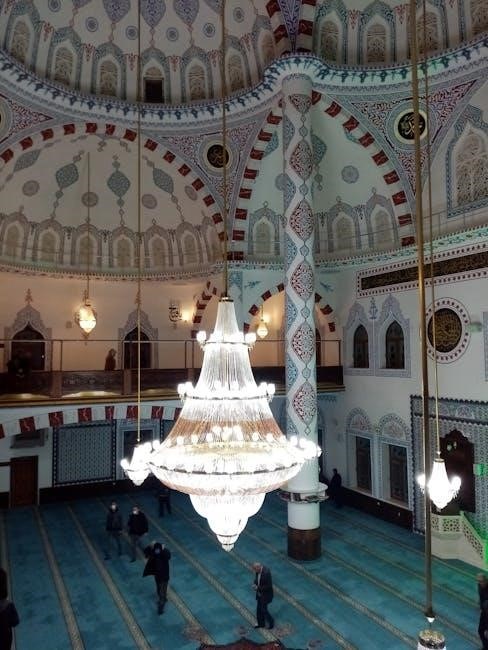What is Yizkor?
Yizkor, a memorial prayer for the departed, is recited in the synagogue. This special prayer, meaning “Remember,” honors loved ones who have passed. Recited four times yearly on specific holidays, Yizkor strengthens the connection between the living and their departed relatives through remembrance.
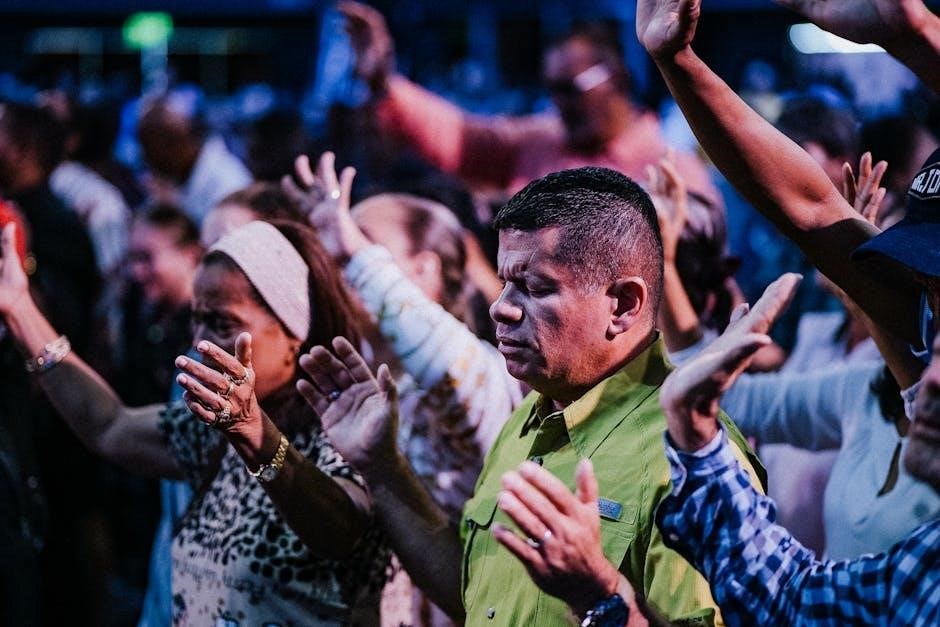
The Meaning of Yizkor
The word “Yizkor” itself, meaning “He will remember” in Hebrew, encapsulates the essence of this sacred tradition. It’s more than just a prayer; it’s a profound act of remembrance, a conscious effort to keep the souls of our loved ones alive within our hearts and minds. Yizkor serves as a bridge between generations, connecting us to our past and inspiring us to live lives worthy of their memory.
The recitation of Yizkor isn’t solely about mourning; it’s also about celebrating the lives of those who came before us. We reflect on their values, their accomplishments, and the impact they had on our lives and the world around them. By remembering them, we honor their legacy and ensure that their stories continue to be told.
Furthermore, Yizkor is a time for introspection and self-reflection. It prompts us to consider our own mortality and the importance of living each day with purpose and meaning. The prayer encourages us to emulate the positive qualities of those we remember and to strive to make a positive difference in the lives of others. It is a reminder that we, too, will one day be remembered, and it inspires us to live lives that will leave a lasting impact.
When is Yizkor Recited?
The Yizkor service is recited four times throughout the Jewish year, each time following the Torah reading on specific holidays. These occasions provide designated moments to pause and collectively remember those who are no longer with us. The first instance occurs on the last day of Passover, offering a reflective conclusion to the festival of freedom.
The second time Yizkor is recited is on the second day of Shavuot, the holiday commemorating the giving of the Torah at Mount Sinai. This recitation adds a layer of solemnity to the celebration of receiving divine law. The third occasion is on Shemini Atzeret, the final day of Sukkot, marking the conclusion of the High Holy Day season.
Finally, and perhaps most significantly, Yizkor is recited on Yom Kippur, the Day of Atonement. On this solemn day of repentance and reflection, the Yizkor service takes on a particularly poignant meaning. It serves as a powerful reminder of our shared humanity and the importance of cherishing the lives of those we have lost. These four moments offer structured opportunities for communal remembrance and reflection.
Yizkor on Yom Kippur
Yom Kippur, the Day of Atonement, holds a unique significance within the Jewish calendar, and the Yizkor service recited on this day carries profound weight. Amidst a day of fasting, prayer, and introspection, the Yizkor prayer serves as a powerful reminder of our mortality and the enduring impact of those who came before us.
On this solemn occasion, as the community gathers in the synagogue, the Yizkor service provides an opportunity to reflect on the lives and legacies of departed loved ones. The act of reciting Yizkor on Yom Kippur underscores the importance of remembrance within the context of seeking forgiveness and renewal.
The themes of repentance and reconciliation that permeate Yom Kippur are intertwined with the act of honoring the memory of those we have lost. By acknowledging their absence and recalling their presence in our lives, we are prompted to consider our own actions and strive to live lives worthy of their memory. The Yizkor service on Yom Kippur is a deeply moving experience, offering solace, inspiration, and a renewed sense of purpose.
Yizkor on Passover, Shavuot, and Shemini Atzeret
Beyond Yom Kippur, the Yizkor prayer is also recited on the final day of Passover, the second day of Shavuot, and on Shemini Atzeret. These festivals, each with unique historical and spiritual significance, provide additional opportunities to honor the memory of departed loved ones within the context of communal celebration and reflection.
On Passover, as we commemorate the Exodus from Egypt and the birth of the Jewish nation, Yizkor reminds us of the generations who came before us and paved the way for our freedom. On Shavuot, as we celebrate the giving of the Torah at Mount Sinai, Yizkor connects us to the chain of tradition and the enduring legacy of Jewish learning. And on Shemini Atzeret, as we conclude the High Holiday season and express our gratitude for God’s blessings, Yizkor prompts us to cherish the memories of those who enriched our lives.
The recitation of Yizkor on these festivals underscores the importance of remembering our past as we celebrate the present and look forward to the future.
Who Can Yizkor Be Said For?
Yizkor is a deeply personal prayer, and it can be recited for any Jewish person who has passed away. This includes parents, grandparents, spouses, children, other family members, and close friends. The prayer is inclusive, extending even to those who may have struggled in life, such as individuals who battled with sin or those who tragically died by suicide.
The universality of Yizkor reflects the Jewish belief that every soul is precious and deserving of remembrance. Regardless of the circumstances surrounding a person’s life or death, their memory can be honored through the recitation of this special prayer. The act of saying Yizkor is a way to acknowledge their existence, to express love and gratitude for their presence in our lives, and to ensure that their memory continues to be a blessing. It’s a testament to the enduring bond between generations.
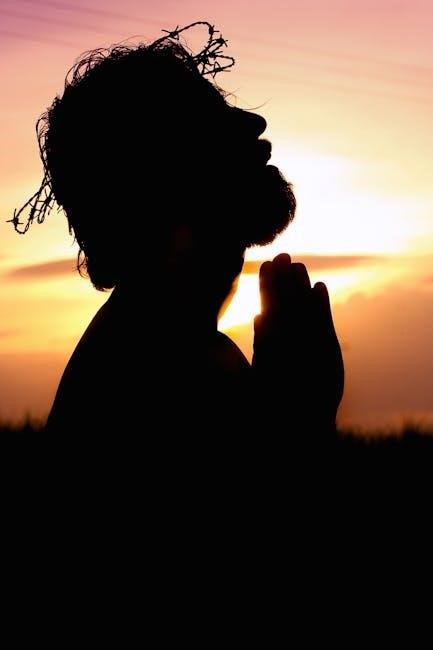
Reciting Yizkor Privately
While Yizkor is traditionally recited in the synagogue as part of a communal service, it can also be said privately. This is particularly meaningful for individuals who are unable to attend synagogue due to illness, travel, or other circumstances. Reciting Yizkor privately allows for a more intimate and personal connection with the memory of departed loved ones.
Unlike the Mourner’s Kaddish, which requires a minyan (a quorum of ten Jewish adults), Yizkor can be recited alone. This makes it accessible to anyone who wishes to honor the memory of their relatives and friends. When reciting Yizkor privately, it is important to find a quiet and comfortable space where you can focus on your thoughts and emotions. You may want to light a memorial candle and reflect on the lives of those you are remembering. The words of the prayer can then be spoken with sincerity and heartfelt intention, creating a powerful moment of remembrance and connection.
The Written Yizkor Service
The written Yizkor service includes specific prayers for remembrance. It often begins with Av Ha-Rachamim, referencing martyrs. El Malei Rachamim is also commonly included. These prayers offer solace and a structured way to honor the departed during the Yizkor service.
Av Ha-Rachamim Prayer
Av Ha-Rachamim, meaning “Compassionate Parent,” is a significant prayer within the Yizkor service. Its historical context is deeply rooted, referencing the Jewish martyrs of the Crusades. This prayer serves as a poignant reminder of the sacrifices made throughout Jewish history. It evokes a sense of collective memory and shared suffering.
The Av Ha-Rachamim prayer is a plea for divine mercy and remembrance of those who perished for their faith. It underscores the enduring strength and resilience of the Jewish people. Reciting this prayer during Yizkor connects contemporary worshippers to past generations and their unwavering commitment to Judaism.
The prayer’s inclusion in the Yizkor service adds a layer of historical depth and solemnity to the act of remembering individual loved ones. It broadens the scope of remembrance to encompass the collective Jewish experience of persecution and martyrdom. It also serves as a dedication of righteous actions in their memory.
El Malei Rachamim Prayer
El Malei Rachamim, translating to “God, Full of Compassion,” is a central prayer within the Yizkor liturgy. While its precise origins remain somewhat unclear, it has become a ubiquitous element in memorial services. This prayer serves as a heartfelt supplication to God, imploring divine mercy for the souls of the departed.
The El Malei Rachamim prayer seeks to elevate the souls of the deceased to a place of honor and peace in the afterlife. It expresses a hope that their souls may find eternal rest in the presence of God. This prayer offers comfort and solace to those mourning the loss of loved ones.
The universality of El Malei Rachamim across various Yizkor liturgies highlights its significance as a fundamental expression of Jewish mourning and remembrance. It fosters a sense of shared grief and collective hope for divine compassion. The melody and words provide a framework for personal reflection and connection to the deceased.
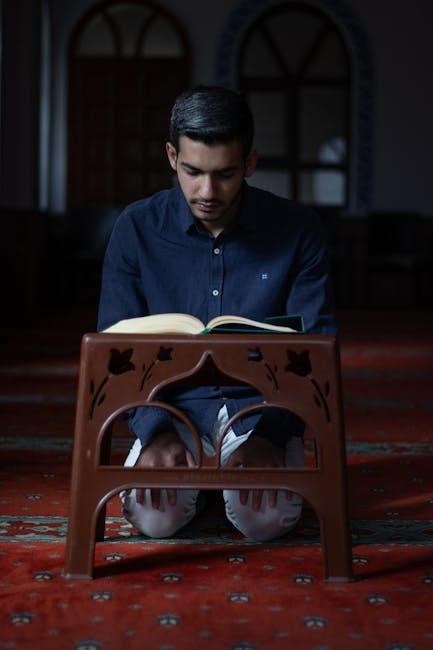
Customs Associated with Yizkor
Several customs enrich the Yizkor experience, offering meaningful ways to honor the deceased. These traditions often involve acts of charity and remembrance. These customs are integral to the Yizkor service, enhancing its spiritual impact for those participating in the service.
Giving Tzedakah
A prevalent custom linked to Yizkor is giving tzedakah, or charity, in memory of the departed. This act of generosity serves as a tangible expression of honoring their legacy. By donating to worthy causes, individuals ensure that the memory of their loved ones inspires good deeds and positive impact in the world.
The act of giving tzedakah elevates the souls of those who have passed, and it embodies the values they cherished during their lives. It serves as a living tribute, perpetuating their influence through acts of kindness and compassion. This custom reflects the belief that even after death, individuals can continue to make a difference through the charitable actions of their loved ones.
Many choose to donate to organizations that were meaningful to the deceased or to causes aligned with their values. This creates a lasting connection between their memory and the betterment of society. By giving tzedakah, we transform mourning into positive action. It ensures that the departed are remembered for their contributions to the world.
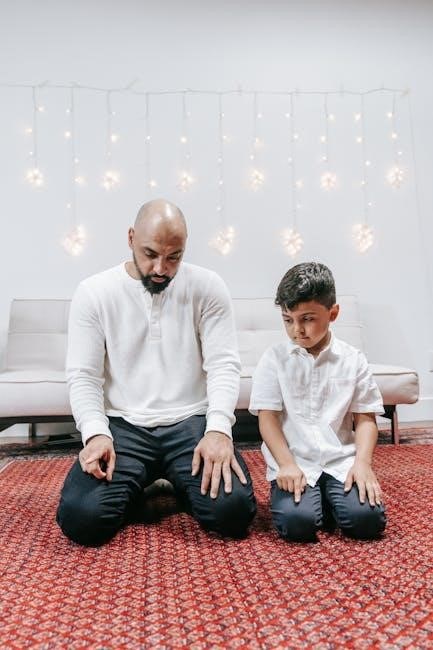
Yizkor Prayer Text and Structure
The Yizkor prayer is a structured memorial service centered around remembering the souls of departed relatives and friends. The core text includes personal declarations of remembrance and requests for God to remember the souls of the deceased. Specific names of loved ones are often inserted into the prayer, personalizing the experience and strengthening the connection with those who have passed.
The structure of the Yizkor service typically includes the recitation of traditional prayers like “El Malei Rachamim,” a plea for God’s compassion. Additionally, the service often incorporates a pledge to give tzedakah (charity) in memory of the deceased, transforming grief into a positive action. The service aims to provide comfort and solace to mourners while honoring the lives and legacies of those they have lost.
Variations exist in the specific wording and customs across different Jewish traditions, but the underlying purpose remains consistent: to remember, honor, and elevate the souls of the departed. The Yizkor prayer offers a framework for expressing grief, gratitude, and a commitment to perpetuating the values of loved ones who are no longer with us.
